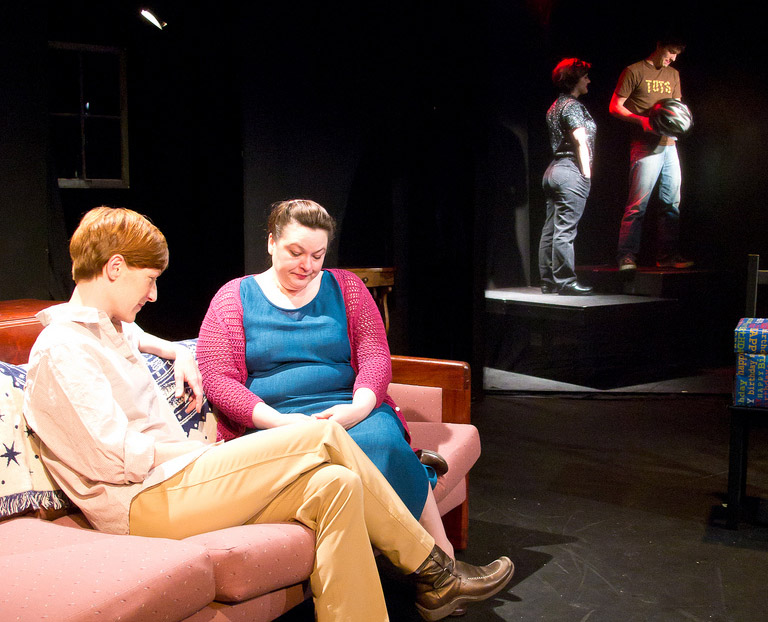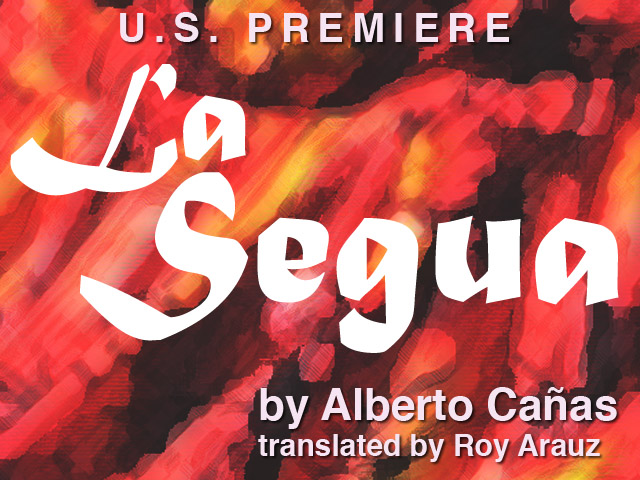Last time I posted some straight-forward suggestions for a successful audition. This time, it’s a little more personal. My friend and colleague Lisa Thiroux posted about some gripes that she had as a director, so I know that I’m not the only director that finds some behaviors irritating. Here’s are some things that actors do that make me crazy:
Know What (And For Whom) You Are Auditioning
Here are a few questions you should ask yourself before auditions, and definitely before callbacks (at least for a show I’m involved in):
- Are you willing to make the commute to the rehearsal and/or performance location?
- Is the pay enough?
- Can you make the rehearsal/performance schedule?
- Are you a package deal with your spouse/child/sibling/friend?
- Will you accept a role if it is offered to you?
Are you willing to make the commute to the rehearsal and performance location?
Find out where rehearsals and performances take place. A lot of theatres hold rehearsals in locations other than the performance space. Will parking be an issue? Is it bus accessible? Don’t wait until you’ve been cast to realize that 45 minute commute is going to be too much.
Is the pay enough?
Asking/expecting to be paid for a gig is normal. Unfortunately, not everyone can pay and those who do don’t always pay a living wage. If pay could be an issue, clarify this before the callback. I respect and am ok with actor who turns down an audition invitation or callback because they can’t afford to the compensation for the commitment involved; I have less tolerance for someone who comes to callbacks, gets cast, and then tells me that the part is too small or the commute too long to do for the compensation offered. If I’m told early and I am able to, I am more likely to negotiate something.
Can you make the rehearsal/performance schedule?
Hopefully you will be given a general idea when rehearsals will be held during auditions, I know I do this for productions I direct and/or produce. Take a good look at the schedule and provide any and all conflicts to the best of your knowledge at the callback. Is rehearsal scheduled during a holiday weekend? A vacation? Rehearsals or performances for another show? Being upfront about conflicts can save, and solve, many headaches later.
For smaller theaters without understudies or stand-bys, a performance conflict is most likely a deal breaker. However, something can be worked out if the interest is there, as I’ve known of shows that have double-cast roles because they really wanted to work with a specific actor.
Are you a package deal with your spouse/child/sibling/friend?
Be upfront if your spouse/child/sibling/friend is also auditioning, and whether taking a part depends on them getting cast as well. Sometimes it goes one way but not the other, so please always make that clear. (for example, a child can get cast without the parent but the parent will not take the part without the child.)
Will you accept a role if it is offered to you?
I know, it seems the “right” thing to do is to say yes when asked if you’ll accept any role. Wrong. Casting every role is a painstaking process. If you get cast in a role you will not accept, you have just unnecessarily added more effort to the casting process than was needed. If you are auditioning for a specific role, be clear about that. If you will not accept ensemble, let us know so we don’t consider you for it.
Are you auditioning/waiting to hear from another show?
This has been a sore point with me for a long time. This might be a personal preference, but if you’re auditioning for/waiting to hear from another show, let me know from the beginning. If I really want to work with you we can negotiate something. I can knowingly cast you and be willing to wait the extra time I need to know how the other show comes up and have a back-up prepared, we can come to some other agreement, or both decide this is just not the right time. The only thing worse than offering someone a role and hearing back they’re waiting to hear on another role before fully accepting is to have someone quit after they’ve been cast because they got another gig I had not been informed about. I fully understand if I am not paying and an actor gets offered a paying gig or a role dream role, and I am willing to take that risk as long as I know up front.
One final note regarding callbacks. I understand and appreciate that sometimes actors audition as an exercise, especially in smaller theatres. In a strange way, I am ok with that. Please, if you do not intend to accept a role, do not attend the callback. Personally, I find that attending a callback and going as far as accepting a role only to decline it because you got another role you wanted more is unprofessional.
So what does all this boil down to? Be honest on your audition form. Don’t say something because you think it’s what I want to hear or keep information from me because you’re afraid you won’t get cast. In the long run, at least with me, being honest and upfront is the best bet.



